The effectiveness of long-lasting spatial repellent emanators against malaria in humanitarian crisis settings in northern Nigeria: a two-arm pragmatic, open-label, controlled trial
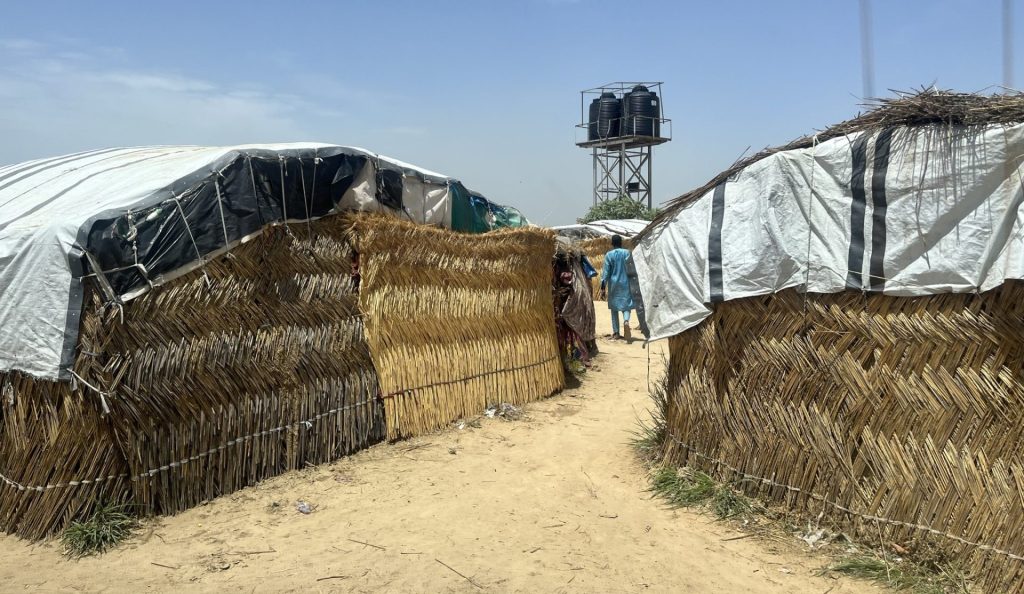
A 6-month, open-label, controlled trial examining whether spatial emanators could effectively reduce malaria transmission among internally displaced people in northern Nigeria during a humanitarian crisis. Setting and design: N.B in this case Spatial Emanators were distributed on top of residual LLINs. Prior to distribution all study participants received an appropriate course of ACT to clear […]
Capacity Statement: Nutrition Management
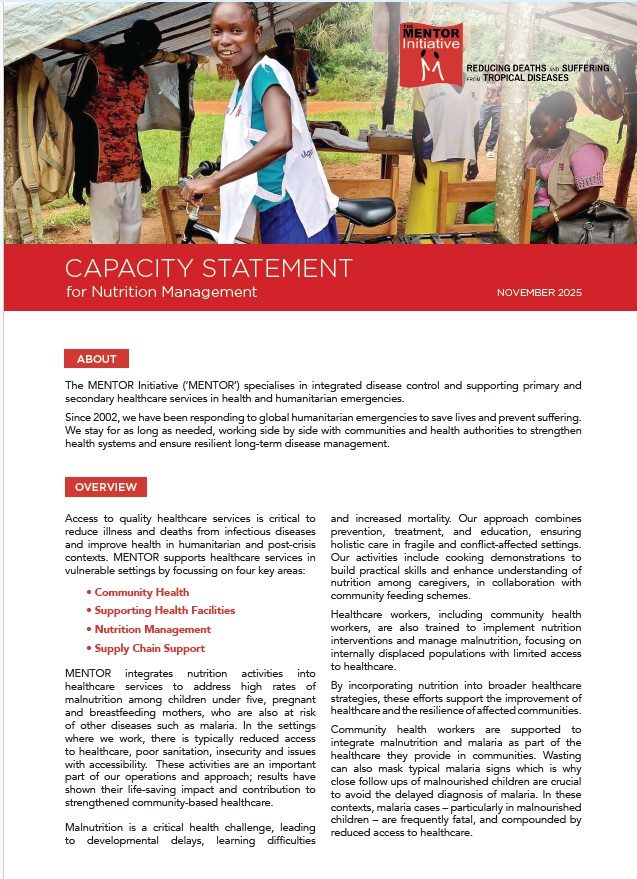
2024 Annual Report

Highlights from programmes in 2024
Malaria control in emergencies (2025)
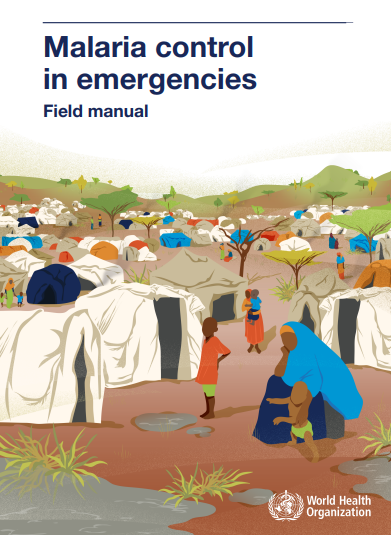
Field manual Humanitarian emergencies are increasing globally with alarming frequency and duration. These crises often cause health system collapse, leaving vulnerable populations without access to essential medical services. In endemic areas, malaria becomes a deadly threat, especially for displaced communities with little prior exposure and no immunity. Without swift action, outbreaks can escalate rapidly, making […]
Country Brief: Mozambique
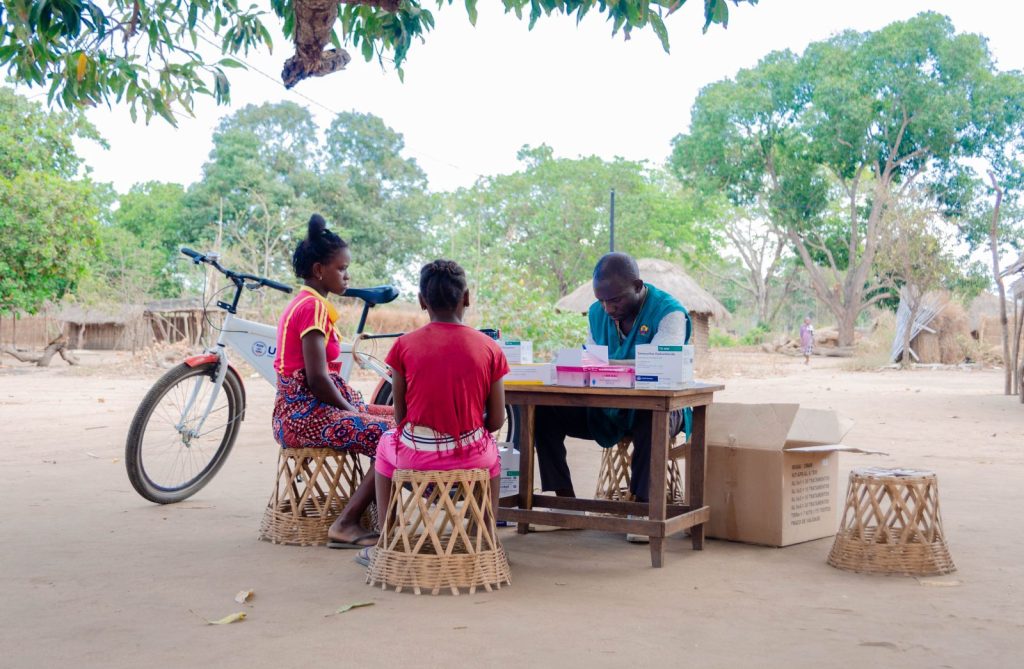
Health and development indicators in Mozambique are still far from ideal as the country struggles with recurrent natural disasters, civil unrest and threats from armed groups. Poverty is widespread and the country has one of the highest maternal and child mortality rates in the world. These challenges are significant in the northern part of the […]
Enhancing protection against vector-borne diseases in forcibly displaced communities: evaluating the efficacy of spatial repellents for cutaneous leishmaniasis control in North-East Syria
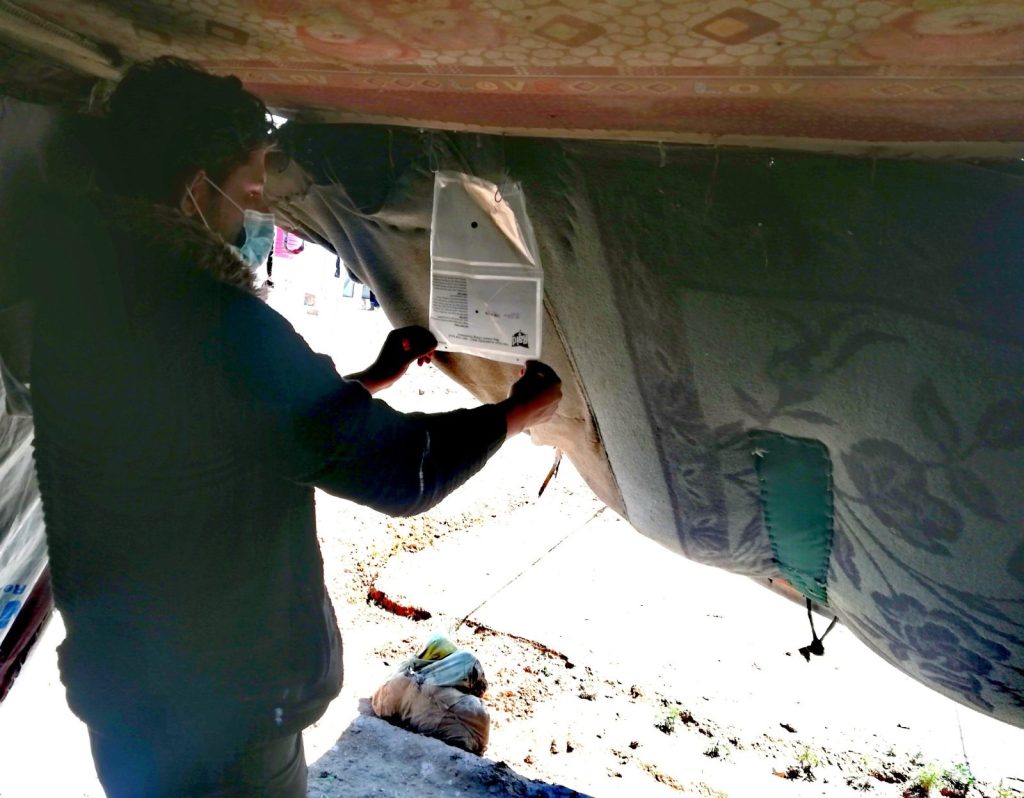
In Syria, during the 14 years after the outbreak of civil war, 16.7 million people have been forced to flee their homes, of which 7.2 million remain internally displaced in 2025. Breakdown in waste management caused by aerial bombardment has created ideal conditions for cutaneous leishmaniasis (CL) transmission, vectored by phlebotomine sandflies. Displaced populations reside in […]
Country Brief: South Sudan
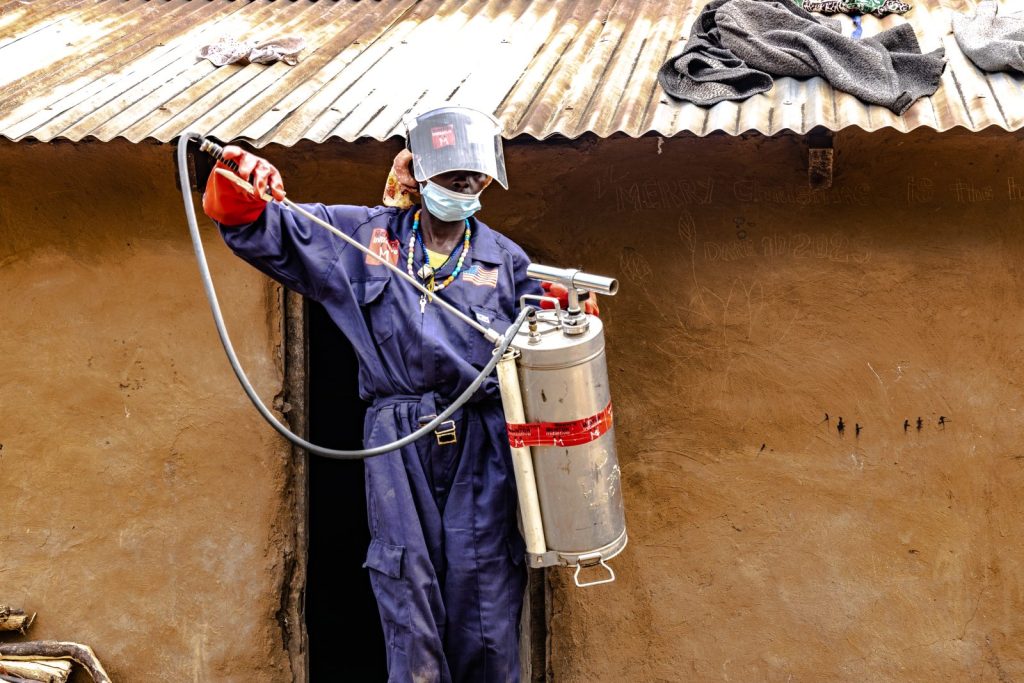
South Sudan faces a severe humanitarian crisis caused by conflict, climate shocks, economic instability, and public health challenges. Floods, droughts, and extreme heat have devastated livelihoods and displaced communities. Intercommunal violence and the influx of over 900,000 people fleeing Sudan have overwhelmed infrastructure and services. Health systems are fragile, with limited access to care and […]
Country Brief: Central African Republic
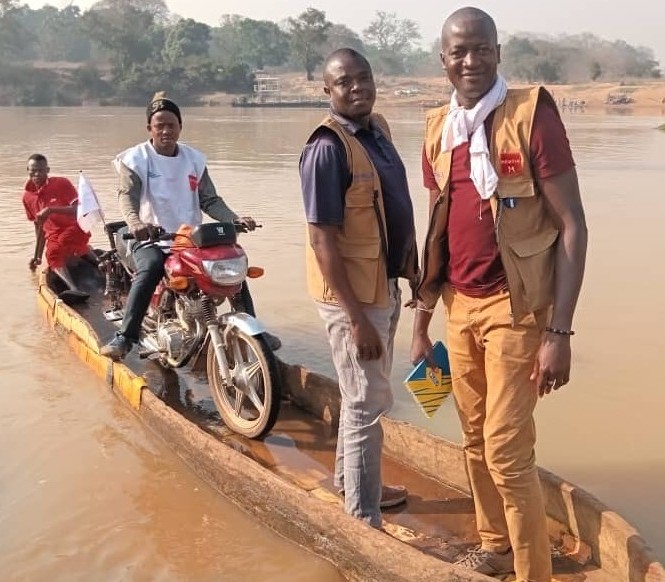
The decade-long conflict in the Central African Republic (CAR) has created acute humanitarian needs, with the OCHA humanitarian Needs Overview (HNO) 20241 estimating that 2.8 million people – nearly half of the population – require assistance. Clashes between government forces, government allies and armed groups are causing the humanitarian situation to continue to deteriorate and […]
Capacity Statement
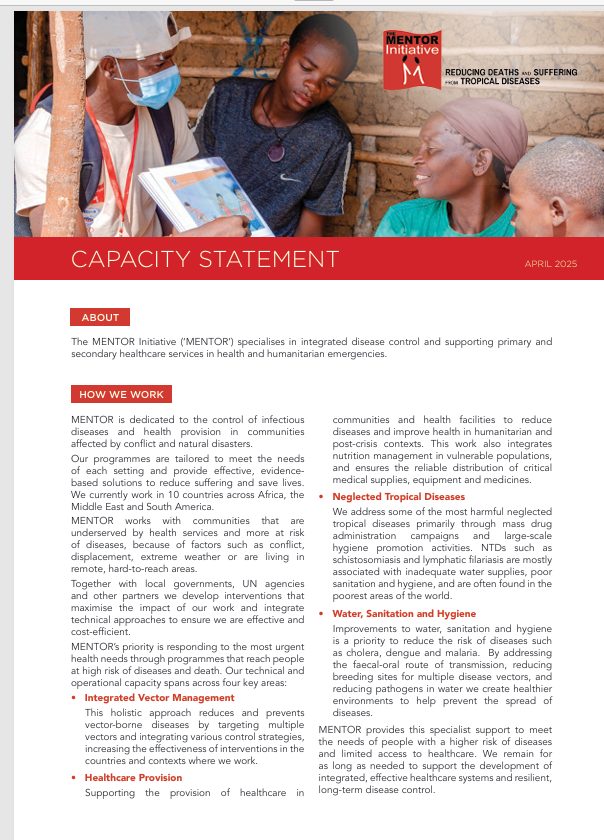
The MENTOR Initiative capacity statement, updated in April 2025.
Asian tiger mosquito in the oil-producing city of Soyo: the first report of Aedes albopictus in Angola
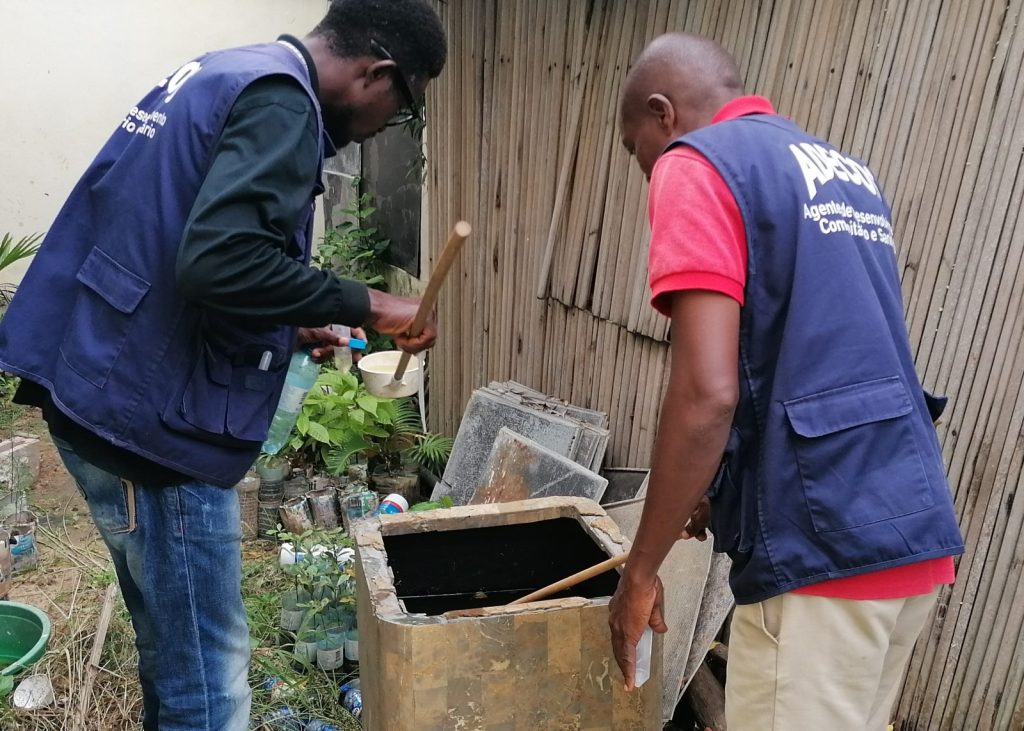
The Asian tiger mosquito, Aedes albopictus (Skuse, 1894), is a highly invasive species that has successfully colonized many tropical and temperate regions worldwide. Its rapid global spread is strongly associated with human activities and has created favorable conditions for the emergence of human arboviruses in new geographic areas. The paper reports the first detection of Aedes albopictus in Angola […]
